All kinds of conventional edible vegetable oils (100% pure)
Everything you read in this article:
Introduction of conventional edible vegetable oils
Vegetable oils are the oils that we use today. In the lower part, we want to get acquainted with the types of oils.
All kinds of conventional edible vegetable oils
What is the world’s most important conventional edible vegetable oils?
1. Grapeseed Oil
Grape seed oil is one of the most important types of vegetable oils.
Grapeseed oil made from grape seeds is known as grape seed oil. Since grape seed oil is produced using a cold press and has a relatively high smoke point of about 216 degrees Celsius (421 degrees Fahrenheit), it can also be used for cooking.
It can also be used as a base for infusing garlic oil, rosemary, or vegetable oils herbs or spices and as a component in salad dressings and mayonnaise because of its superb taste, lightness, and high unsaturated fat content. Cold compression is used to do it.
2. The core of the plum oil
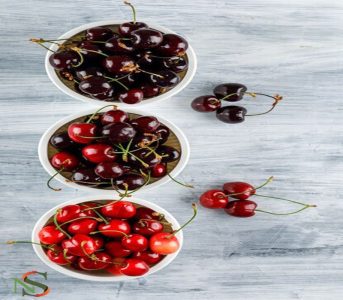
Another important vegetable oil is cherry kernel oil.
cherry kernel oil contains significant levels of omega-9, polyunsaturated fatty acids, and vitamin E, it provides a wide range of medicinal benefits.
This oil removes black spots and blemishes from the skin, hair, and kidneys.
It also treats intestinal, stomach, liver, and kidney disorders and skin irritation.
The constituents of these oils and safflower oils are incredibly similar to sweet almond oil.
This oil is used to make skin creams, lotions, and cosmetics. The ideal oil is produced conventional, all-naturally and holds a special place in people’s hearts because of its lovely, subtle scent.
3. pomegranate seed oil
The seeds of pomegranate are used to make this oil. It contains potassium, vitamin K, and vitamin C. The following are the critical components of this oil:
- Panicin
- Acid oleic (omega 9)
- Omega 6 linoleic acid
- Acid palmitic
- Acid stearic
- Phytosterols
- Vitamin E
Pomegranate seed oil is employed in creating cosmetics and hygiene products because, among other things, it has a unique effect on face imperfections. Its applications for skin and hair beauty are many. Learn more about oils, especially vegetable oils.
4. Bitter almond oil
Bitter almond oil has high moisturizing qualities due to the presence of omega-9 fatty acid and oleic acid, a form of monounsaturated acid.
Because bitter almond oil is easily absorbed, its vitamins and nutrients can reach the skin’s deepest dermal layers, improving the skin’s overall health and nutrition.
Bitter almond oil has vitamin E, which helps it combat free radicals and lessen or even eliminate aging symptoms like wrinkles and fine lines.
In addition, bitter almonds have antibacterial and antimicrobial properties that help eliminate bacteria that cause acne, but they may also be used to treat wounds, scrapes, and cuts.
According to the cold compress method, bitter almond oil has several uses in traditional medicine, including treating ear pain and ringing, acting as a child’s antipyretic, acting as a laxative, preventing sunburn, relaxing, fighting cancer, preventing coughing, preventing hair loss, and relieving muscle spasms.
Traditional medicine specialists think that kidney pain generated by the kidney itself can be addressed by eating a combination of bitter almond oil, some starch and some dried mint powder.
Traditional medicine has taken an interest in bitter almond oil due to its potent characteristics that can effectively treat various ailments.
5. sweet almond oil
Sweet almond oil is the most significant source of magnesium, potassium, and copper and is high in vitamin E. It is made using the cold compression techniques. In addition, it contains anti-inflammatory and immune-system-boosting qualities and is high in antioxidants.
Because it contains omega-3 fatty acids, it can assist your body in keeping healthy cholesterol levels and improving memory. It can also lower the chance of cancer and heart disease. In the next part, we will talk about black seed oil and in other parts about vegetable oils.
6. black seed oil
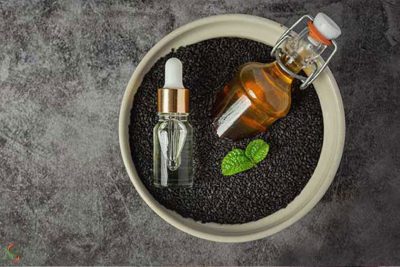
All kinds of conventional edible vegetable oils
Many skin conditions, including vitiligo, acne, and psoriasis, are treated using black seed oil. It also can repair and regenerate hair. Revitalizes and adds sheen to lifeless, dry hair.
Black seed oil is the most excellent solution for dry, chapped skin, particularly in winter when the skin becomes drier. It also adds hydration and suppleness to the skin. Stretch marks are lessened, and the skin is softened with this oil.
In addition, it helps heal and cure extreme dryness and injuries. It also contains anti-inflammatory and antioxidant qualities. Recall that it is preferable to speak with a doctor before using.
Black seed oil helps treat diabetes by decreasing blood sugar and cholesterol levels.
This vegetable oils boosts the digestive system and resolves stomach issues.
Black seed oil’s benefits for hair and eyebrows
Black seed oil may benefit the brows and hair. I list a few of these qualities below:
Hair nourishment and fortification:
Essential fatty acids, vitamins, and minerals included in black seed oil can support the hydration and strength of hair. This oil can hydrate and soften hair, shielding it from the elements and dryness.
Black seed oil can assist in keeping hair from becoming dry and brittle. This characteristic can benefit hair.
7. Castor oil
Castor beans are compressed to extract castor oil. Castor oil is pale yellow. Ricinoleic acid, an unsaturated omega-9 fatty acid, makes up over 90% of the rich acid content of castor oil, a unique kind of triglyceride fatty acid.
A few of the benefits of castor oil include its ability to promote hair growth, soothe the region around the eyes, protect the genital area, and aid in weight loss when applied as a cold compress.
8. Safflower oil
Safflower is a member of the sunflower family of plants, and both its blooms and seed oil have medicinal uses. This plant resembles a thorn and is indigenous to Egypt, China, India, and Iran.
It is grown worldwide, including in North America, primarily for its oil, although it can also be utilized as animal feed by applying the cold compress method. The plant’s seeds are used to extract vegetable oils linoleic and high oleic safflower oil are the two varieties. Polyunsaturated fats are abundant in high-linoleic safflower oil, whereas safflower oil is
9. Linseed oil
The process of cold-pressing flax seeds yields linseed oil. This oil has several beneficial ingredients, including fibre, protein, and omega-3 fatty acids. Despite its nutritional value, linseed is not readily absorbed by the body; thus, you can get linseed oil and apply these beneficial ingredients to your skin and hair for improved local nutrition.
10. Sesame Oil
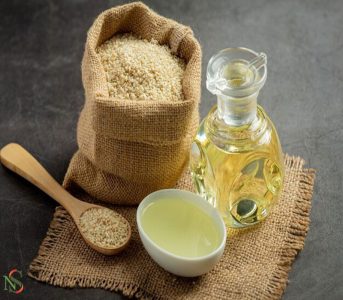
Sesame oil, has been used in Southeast Asian, Middle Eastern, and African cuisines as a Tasty flavor and as cooking oil in South India. It tastes fragrant. In the field of medicine, sesame oil is also highly valued. Being one of the oldest and most well-liked oils in Asia, mass production of this oil is still restricted globally because of the unsuitable hand-harvesting method needed to extract the oil.
11. pecan seed
pecan oil, made from pecan seeds and a cold compress technique, is excellent for treating cramps and muscle spasms because it eliminates the effects of moisture in the joints. Because of its anti-inflammatory qualities, pecan oil can help lessen skin irritation and itching. Moreover, pecan oil applied topically helps heal broken skin.
Pecan seeds’ antibacterial and antimicrobial qualities are among their most significant characteristics. Because of its potent germicidal qualities, pecan smoke is helpful in settings where the spread of infectious diseases is potential.
This substance’s antibacterial qualities also treat intestinal and urinary tract infections well. This pecan attribute can be utilized to make tea.
Salmonella and food sickness from germs in chicken and eggs can be fought off with pecan tea.
Conclusion of various types of vegetable oils:
We conclude that vegetable oils, especially vegetable oils, are helpful for our body, so remember to use them correctly and accurately.

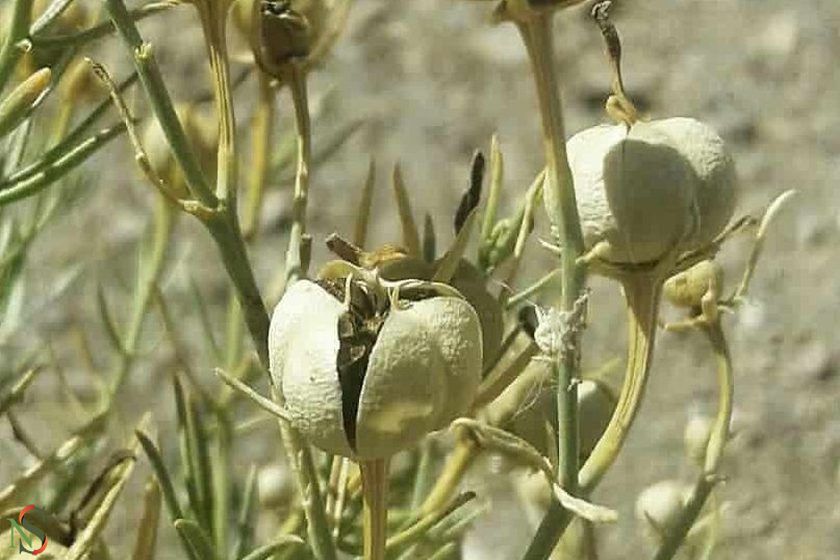
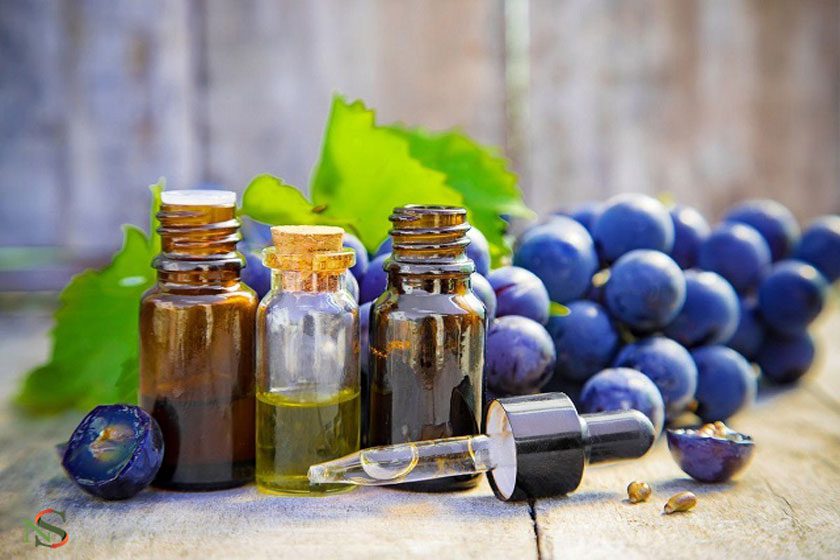
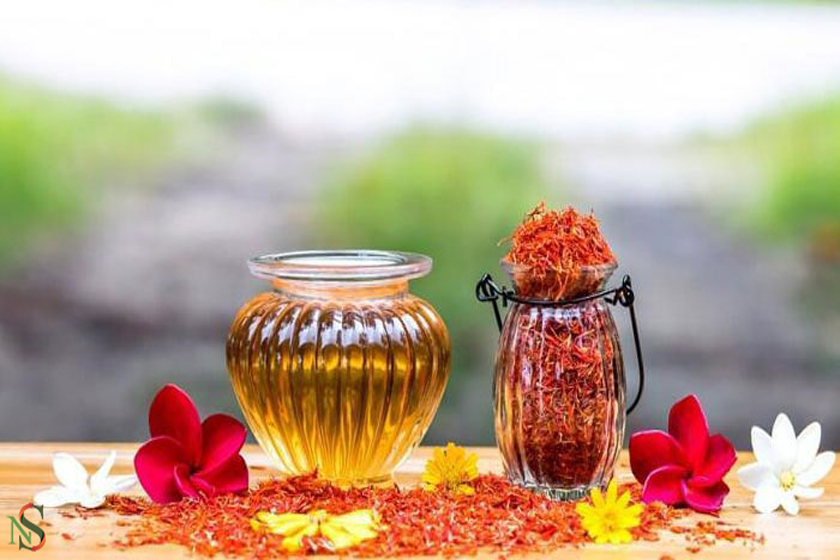
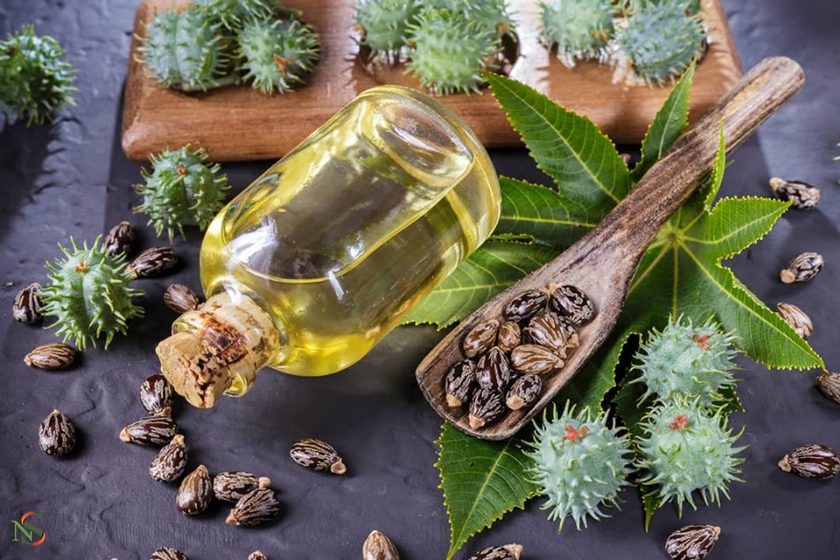






Latest comments